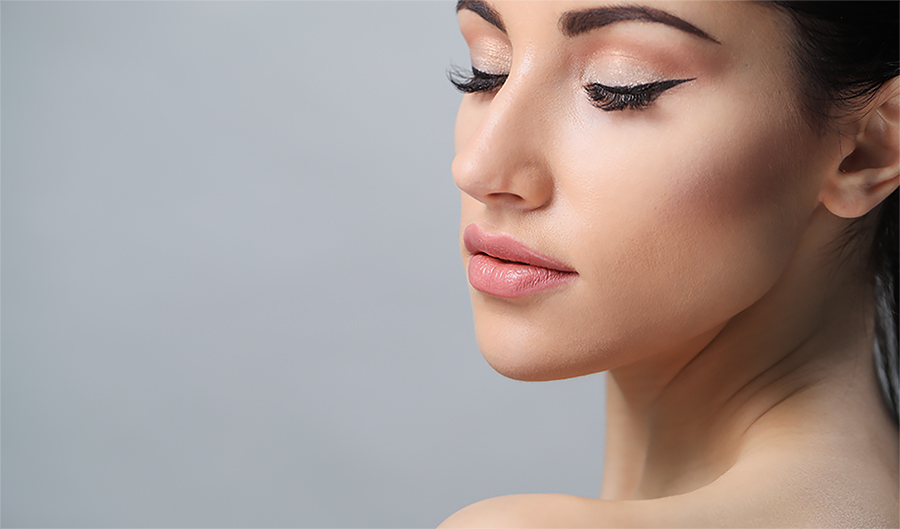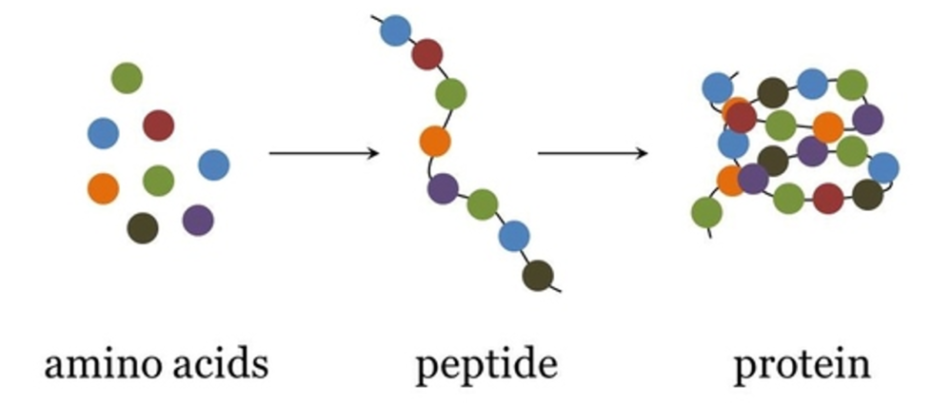Collagen is the protein that is present in various connective or supportive tissues in the body. It consists of amino acids, and mostly found in fibrous tissues such as ligaments, tendons, and skin.
What is collagen?
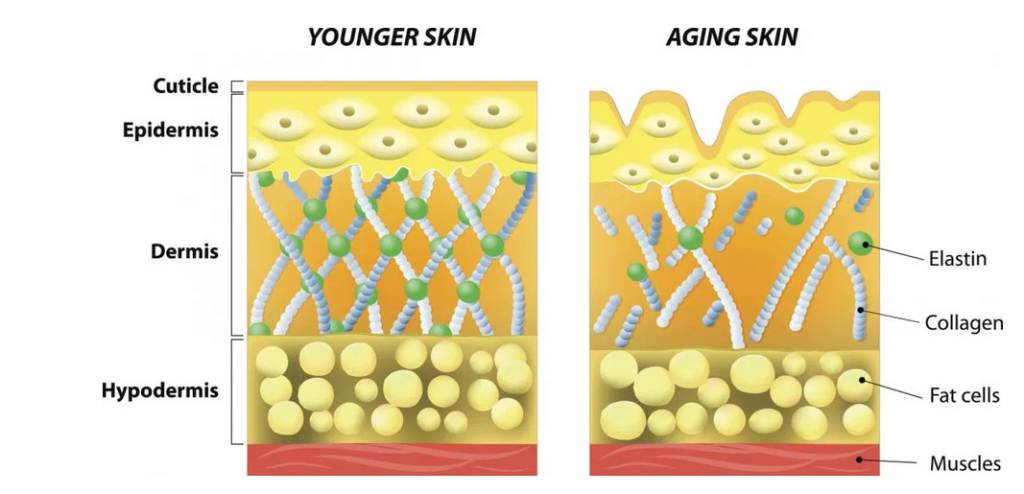
Collagen is one of the most abundant proteins which is found in the human body. In fact, collagens is “the main structural protein that forms with the supportive tissue throughout our body, from the skin to bones, muscles, tendons, and ligaments,” said Dr. Shari Marchbein, based in New York city a board-certified dermatologist. It’s no wonder that the bottled-up version of the protein is in high demand.
Collagen may be a hard, insoluble, and fibrous protein that creates up one-third of the protein within the physical body.
In most collagens, the molecules are packed together to make long, thin fibrils. These act as supporting structures and anchor cells to every other. They give the skin strength and elasticity.
Collagen has many important functions, including strengthening your bones and providing your skin with structure. Consuming collagens may improve skin health because it is a major component of your skin. It improves skin elasticity and reduces visible wrinkles. It helps the skin to stay nourished.
As you age, your body produces less collagens, this leads your skin dry and formation of wrinkles. Collagen intake will energize your skin.
Collagens may also promote the production of other proteins that help structure your skin. It also helps to prevent acne and other skin conditions.
And it may help slow the aging of your skin. It also used to repair body tissues and exposure to factors such as smoking and UV light.
Collagen is used to draw in new skin cells to wound sites. It plays a role in replacing and restoring dead skin cells. It keeps the skin healthy for a longer time.
Moreover, it is a major component of your skin, prevents your skin from dryness, and reduces the rate of formation of wrinkles. Due to collagen, new cells can grow. It also helps in healing issues like acne and eczema. It may block the growth of gland cells, which might be causing acne and blackheads sometimes.
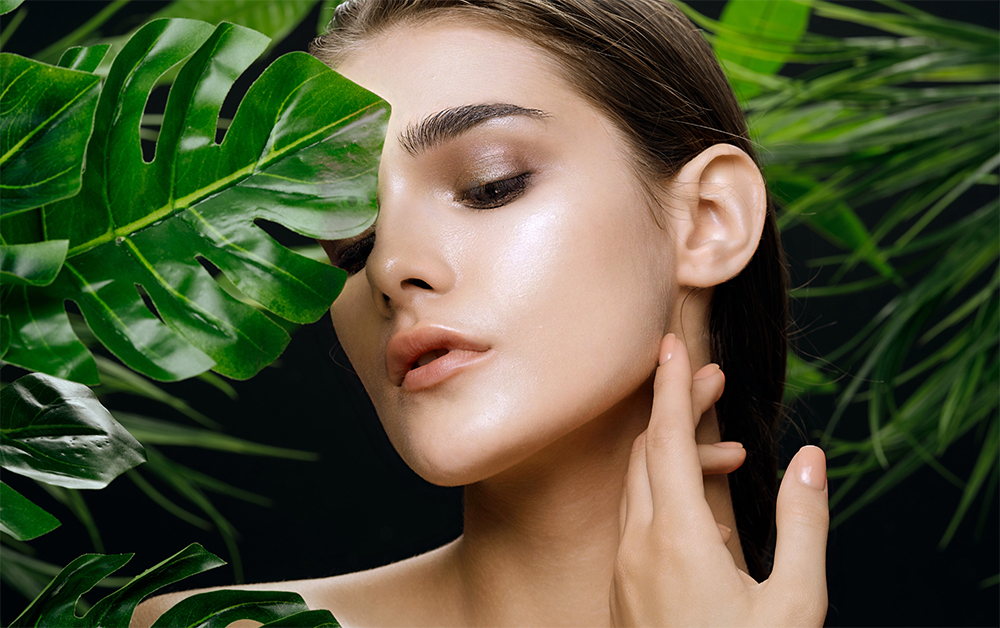
Collagens will help smooth out your skin’s appearance. It also helps to fill in scars, and fine lines. And may also improve skin tone. It fights against skin aging and to lightens skin tone. It will make your skin lighter and give your skin a healthy glow and keep it hydrated.
Fast facts on collagen
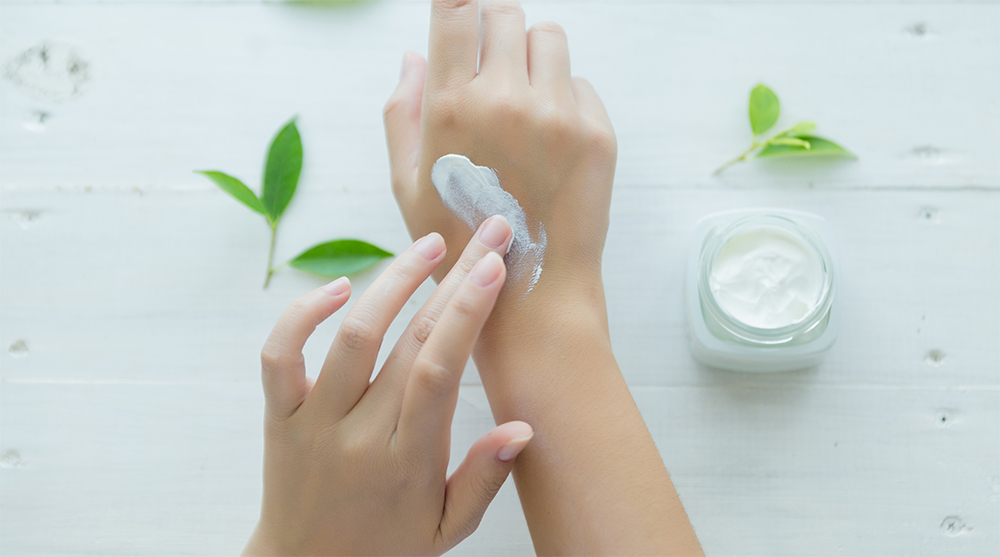
Skincare. Woman taking care of her dry complexion.
Here are some key points :
- It occurs throughout the body, but especially in the skin, bones, and connective tissues.
- Some sort of collagens fibrils, gram-for-gram, are stronger than steel.
- Collagen production declines with age and exposure to factors like smoking and UV light.
- Collagen is often utilized in dressings, to attract new skin cells to wound sites.
Cosmetic lotions that claim to extend collagen levels are unlikely to try to do so, as collagens molecules are overly large to be absorbed through the skin.
Roles: What does collagen do?
Collagen is secreted by various cells, but mainly by connective or supportive tissue cells.
It is found in particularly high amounts in tissues that are required to be strong, flexible, or both, including cartilage, bones, and tendons.
Collagen is found in the extracellular matrix. This is an intricate network of macromolecules that determines the physical properties of body tissues. A macromolecule is a molecule containing a large number of atoms.
In the dermis or the center layer of skin, collagen helps form a fibrous network of cells called fibroblasts, upon which new cells can grow. It also plays a task in replacing and restoring dead skin cells.
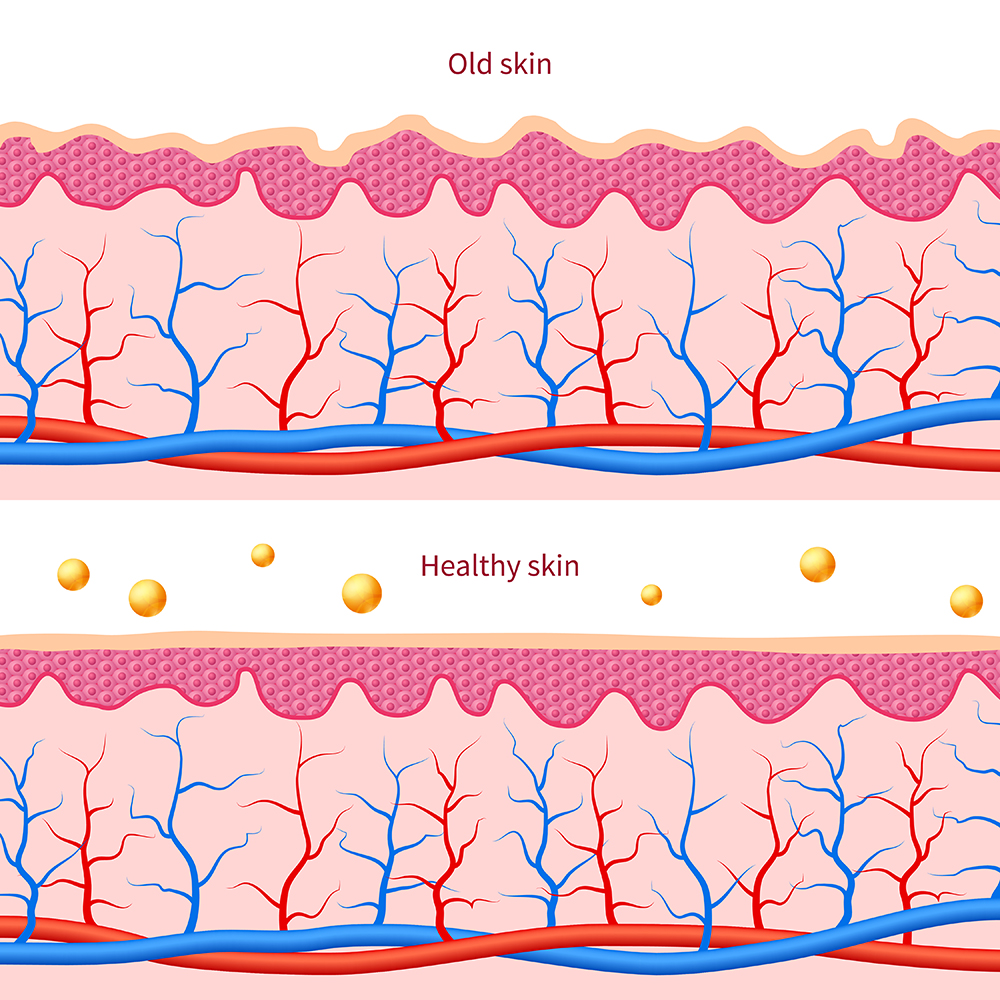
Some collagens act as protective coverings for delicate organs within the body, like the kidneys.
With age, the body produces less collagen. The structural integrity of the skin declines. Wrinkles form, and joint cartilage weakens. Mostly Women experience a dramatic reduction in collagen synthesis after menopause.
Even by the age of 60 years, a substantial decline in collagen production is normal.
Preventing collagen loss
Moreover, Laser therapy can help treat stretch marks, as it can stimulate the growth of collagen, elastin, and melanin. A healthy diet can help the body produce collagen.
Nutrients that may support collagen formation include:
- Proline: Present in egg whites, meat, cheese, soy, and cabbage.
- Anthocyanidins: Present in blackberries, blueberries, cherries, and raspberries.
- Vitamin C: Present in oranges, strawberries, peppers, and broccoli.
- Copper: Present in shellfish, nuts, red meat, and some drinking water.
- Vitamin A: They are occurring in animal-derived foods and plant foods as beta-carotene.
Its main benefits:
1) Improves skin elasticity and reduces visible wrinkles.
2) Plays a role in replacing and restoring dead skin cells.
3) Used to attract new skin cells to wound sites.
4) Helps the skin to stay nourished.
5) Make your skin lighter.
6) Gives your skin a healthy glow and keeps it hydrated.
7) Block the growth of gland cells, which might cause acne and blackheads sometimes.
8) Also helps to fill in scars
9) It helps slow the aging of your skin.
10) Helps in healing issues like acne and eczema.
